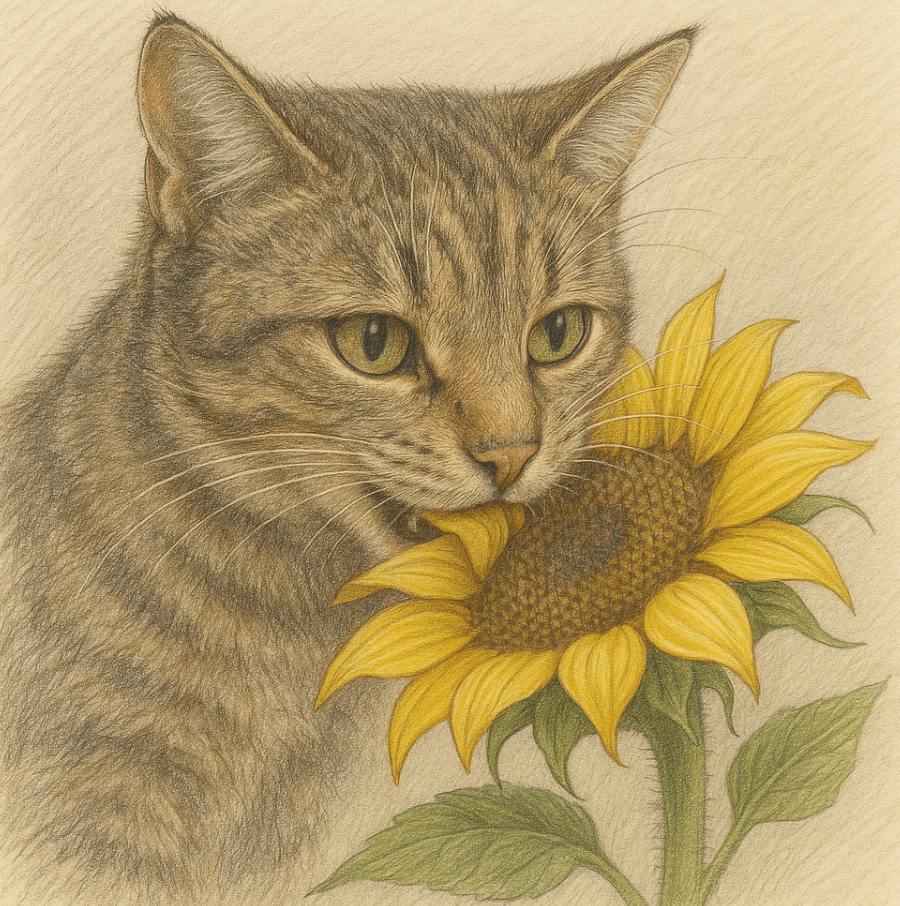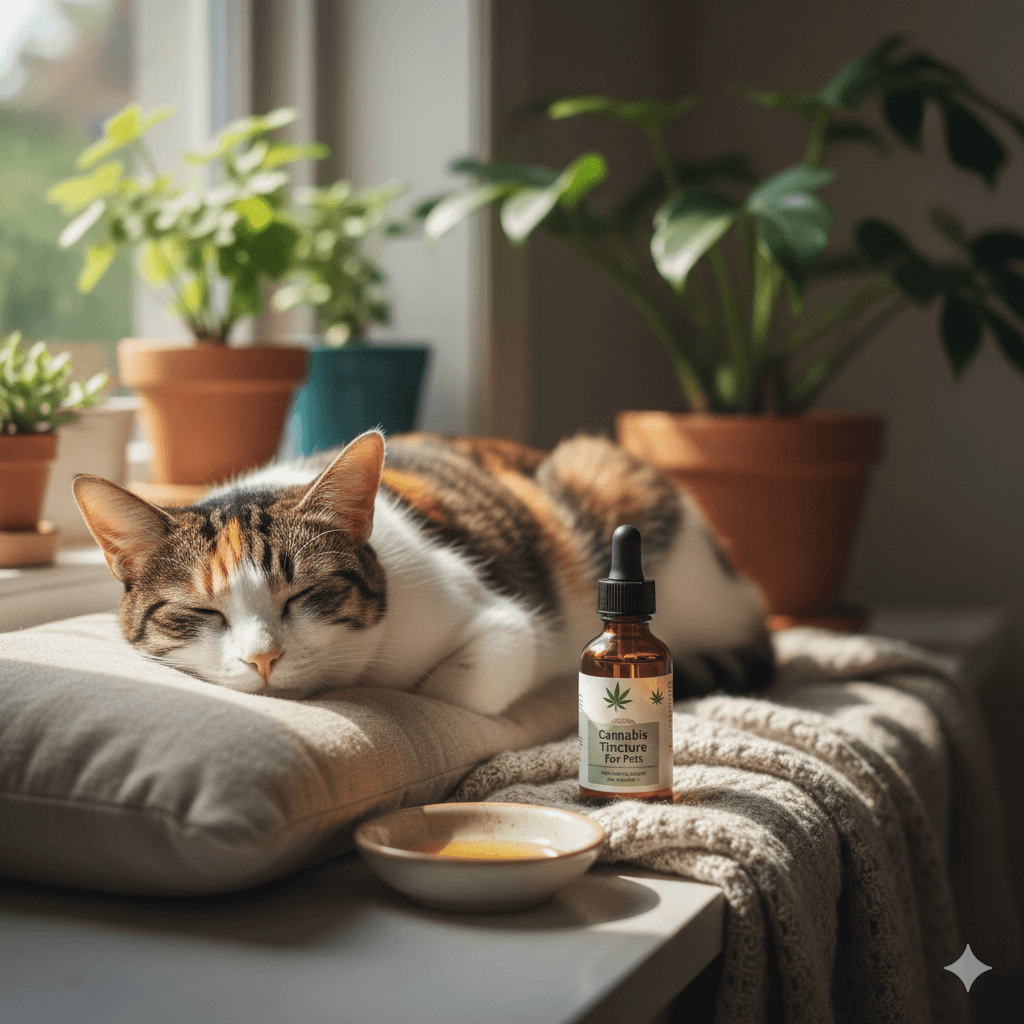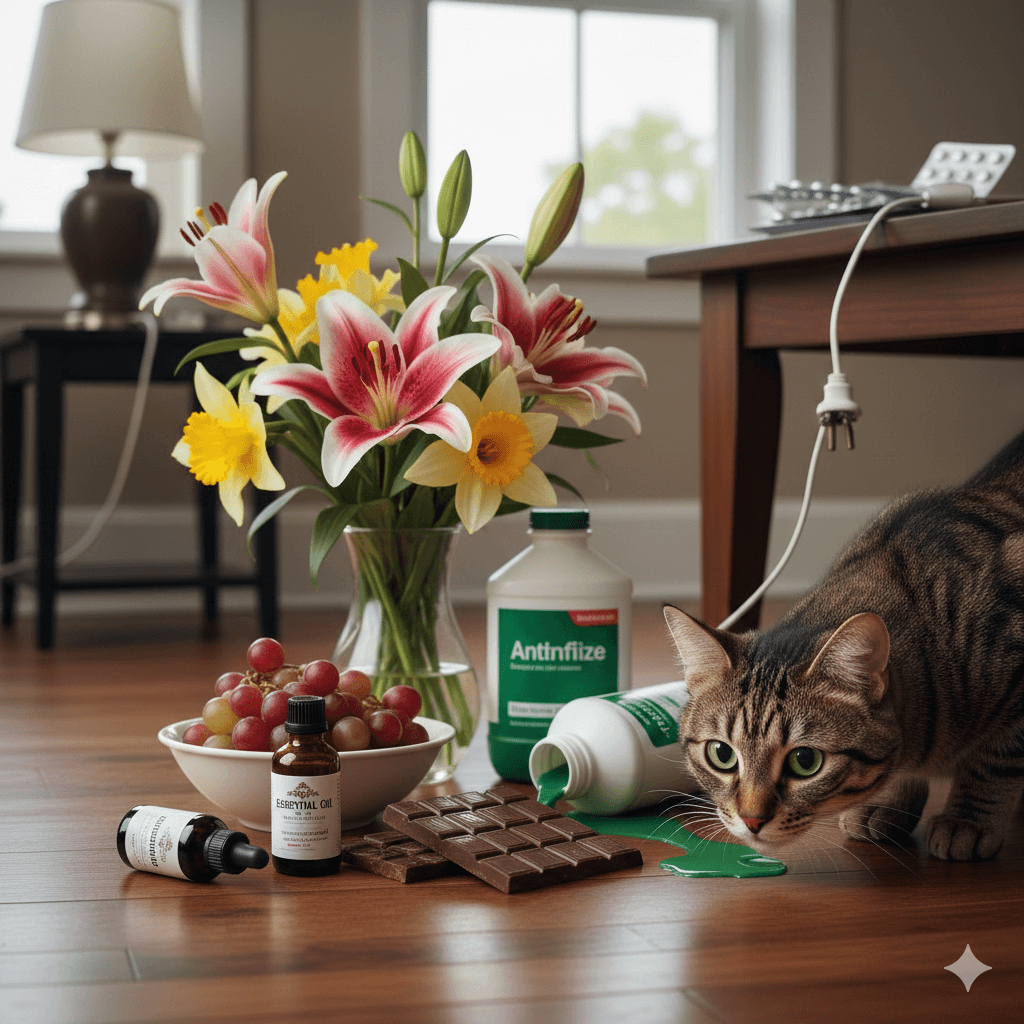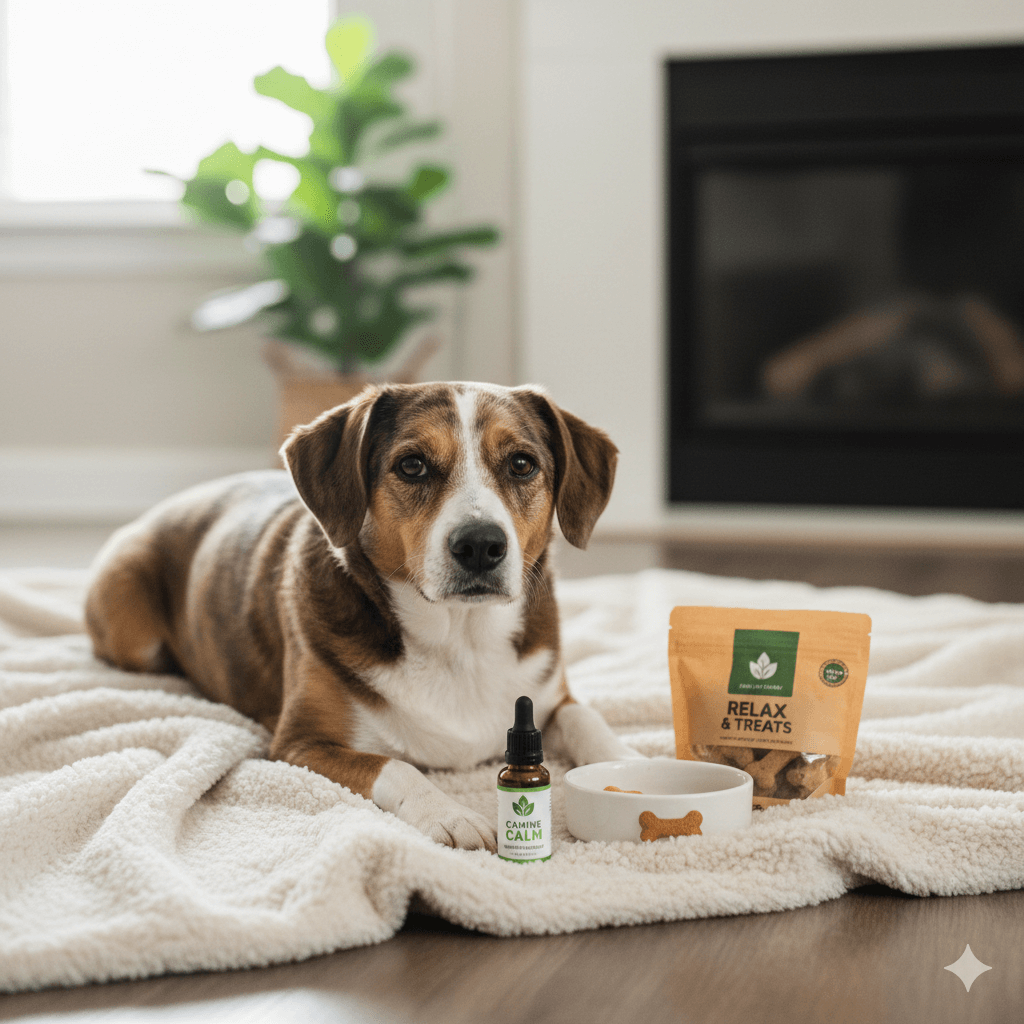Can Cats Eat Sunflowers?
Sunflowers are a cheerful and iconic plant, often associated with bright summer days and healthy snacks for humans. But what about our feline friends? Can cats safely enjoy sunflower seeds or petals, or should these sunny blooms be kept out of their reach? While cats are obligate carnivores, meaning their primary diet consists of meat, they sometimes show curiosity about plants and seeds. Understanding whether sunflowers are safe for cats is essential to ensure their health and well-being. In this blog post, we’ll explore everything you need to know about cats and sunflowers, including potential risks, benefits, and safer alternatives.
Potential Risks of Feeding Sunflowers to Cats
While sunflowers may seem harmless, certain parts of the plant can pose risks to your cat’s health. It’s important to be aware of these dangers before allowing your feline friend near sunflowers.
Choking Hazard from Seeds:
Whole sunflower seeds can become lodged in a cat’s throat or digestive tract, leading to choking or blockages.High Fat Content:
Sunflower seeds are high in fat, which can upset a cat’s stomach or lead to obesity if consumed in large quantities.Salt and Seasonings:
Many packaged sunflower seeds contain added salt, spices, or flavorings that are toxic to cats and can cause sodium poisoning.Pesticide Exposure:
Sunflowers grown with chemical pesticides or herbicides may carry residues that are harmful if ingested by cats.Allergic Reactions:
Some cats may experience allergic reactions to sunflower components, such as itching, vomiting, or diarrhea.
These risks highlight why caution is necessary when introducing sunflowers into your cat’s environment. Always prioritize their safety over curiosity or convenience.
Benefits of Sunflowers for Cats (When Handled Safely)
While sunflowers aren’t a natural part of a cat’s diet, there are some minor benefits if introduced cautiously and in moderation.
Mental Stimulation:
The act of exploring or nibbling on safe plant materials can provide mental enrichment for curious cats.Dietary Fiber:
Small amounts of plain, unsalted sunflower seeds may offer a tiny boost of dietary fiber, aiding digestion.Vitamin E Content:
Sunflower seeds are rich in vitamin E, which supports skin and coat health when consumed in appropriate amounts.Encouraging Natural Behavior:
Cats are naturally drawn to textures and scents, and sunflowers can satisfy their instinctual need to investigate new objects.Non-Toxic Nature of Petals:
The petals of sunflowers are generally non-toxic, making them a safer option for curious cats compared to other plants.
While these benefits exist, they must be weighed against the potential risks to determine if sunflowers are truly suitable for your cat.
Check this guide 👉Can Cats Eat Persimmons? Best 7 Expert Tips!
Check this guide 👉Can Cats Eat Sashimi? Best 7 Expert Tips!
Check this guide 👉Can Cats Eat Dog Ice Cream? Best 7 Expert Tips!

Safe Alternatives to Sunflowers | Risks of Unsafe Plant Choices |
|---|---|
Cat grass (wheatgrass or oat grass) | Toxic plants like lilies or sago palms |
Plain, unsalted pumpkin seeds | Salted or seasoned seeds and nuts |
Edible flowers like marigolds or roses | Pesticide-treated plants or flowers |
Fresh fruits like blueberries or bananas | Choking hazards from hard seeds or pits |
Cooked vegetables like carrots or peas | Plants with sharp thorns or spines |
How to Safely Introduce Sunflowers to Your Cat
If you decide to let your cat interact with sunflowers, it’s essential to take precautions to minimize risks. Follow these guidelines to ensure a safe experience.
Offer Only Plain Seeds:
Avoid giving your cat sunflower seeds with added salt, spices, or flavorings, which can be harmful.Monitor Consumption:
Allow only small amounts at a time and supervise your cat to prevent overeating or choking.Remove Shells and Husks:
The tough outer shells of sunflower seeds can pose a choking hazard; remove them before offering any to your cat.Check for Allergies:
Watch for signs of allergic reactions, such as vomiting, diarrhea, or skin irritation, after exposure.Consult Your Veterinarian:
Before introducing any new food or plant, seek advice from your vet to ensure it aligns with your cat’s specific dietary needs.
By following these steps, you can mitigate risks while allowing your cat to safely explore sunflowers.
Signs Your Cat May Be Struggling After Eating Sunflowers
Even with precautions, complications can arise if your cat consumes sunflowers improperly. Watch for these warning signs to act quickly if something goes wrong.
Vomiting or Diarrhea:
These symptoms may indicate that your cat has ingested something toxic or indigestible.Excessive Drooling:
Drooling could signal irritation or discomfort caused by chewing on sunflower parts.Lethargy or Weakness:
A sudden lack of energy might suggest poisoning or an adverse reaction to something they’ve eaten.Difficulty Breathing:
Choking or allergic reactions can cause labored breathing, requiring immediate attention.Pawing at the Mouth:
This behavior often indicates that your cat is experiencing discomfort or has a foreign object stuck in their mouth.
Recognizing these signs early allows you to seek veterinary care promptly, preventing further complications.
Common Mistakes to Avoid When Introducing Sunflowers
Allowing your cat to interact with sunflowers requires careful consideration to avoid mistakes that could endanger their health. Here are some pitfalls to watch out for.
Feeding Salted or Flavored Seeds:
Seasoned seeds can lead to sodium poisoning or gastrointestinal upset in cats.Leaving Seeds Within Reach:
Curious cats may accidentally ingest large quantities if seeds are left unattended.Ignoring Shell Hazards:
The hard shells of sunflower seeds can cause choking or intestinal blockages if swallowed.Assuming All Parts Are Safe:
While petals are non-toxic, other parts of the plant may still pose risks if consumed excessively.Skipping Veterinary Advice:
Failing to consult a professional before introducing new foods can result in unknowingly harming your cat.
Avoiding these mistakes ensures a safer and healthier experience for your cat.
Alternatives That Mimic the Benefits of Sunflowers
If you’re hesitant about feeding sunflowers, there are plenty of alternatives that mimic their benefits without the associated risks.
Cat Grass:
Specially formulated grasses like wheatgrass or oat grass provide fiber and mental stimulation for cats.Plain Pumpkin Seeds:
These seeds are easier to digest and offer similar nutritional benefits to sunflower seeds.Edible Flowers:
Roses, marigolds, and chamomile are safe, non-toxic flowers that cats can nibble on safely.Fresh Fruits and Vegetables:
Blueberries, bananas, and cooked carrots are tasty, nutritious treats for cats in moderation.Commercial Cat Treats:
High-quality cat treats designed for felines provide safe and satisfying options for snacking.
These alternatives allow you to cater to your cat’s instincts while keeping them safe.
Understanding Your Cat’s Natural Instincts Around Plants
Cats are naturally curious creatures, and their interest in plants like sunflowers stems from evolutionary behaviors. Understanding these instincts helps explain their fascination.
Chewing on Greens:
Wild cats occasionally chew on grass to aid digestion or induce vomiting to expel hairballs.Exploring Textures:
Cats use their mouths to explore new textures, and soft petals or seeds may intrigue them.Nutrient Seeking:**
Though obligate carnivores, cats may nibble on plants seeking trace nutrients or hydration.Playful Curiosity:
The movement of sunflower leaves or seeds may attract a cat’s attention, sparking playful behavior.Marking Territory:
Rubbing against plants or chewing on them can serve as a way for cats to assert ownership or relieve stress.
By recognizing these behaviors, you can better address your cat’s needs in a safe and controlled manner.
Frequently Asked Questions About Cats and Sunflowers
Are sunflower seeds safe for cats?
Plain, unsalted sunflower seeds are generally safe in small amounts, but they should not be a regular part of your cat’s diet.
Can cats eat sunflower petals?
Yes, sunflower petals are non-toxic and unlikely to harm your cat if consumed in small quantities.
What should I do if my cat eats too many sunflower seeds?
Contact your veterinarian immediately if your cat shows signs of distress, such as vomiting or lethargy.
Are there any toxic plants I should avoid around cats?
Yes, plants like lilies, sago palms, and azaleas are highly toxic to cats and should be kept out of reach.
Can kittens eat sunflowers?
Kittens are more vulnerable to choking and digestive issues, so it’s best to avoid giving them sunflower seeds altogether.
Prioritizing Your Cat’s Safety Around Sunflowers
Feeding sunflowers to your cat can be a double-edged sword, offering some minor benefits but also posing significant risks if not handled carefully. While the petals and plain seeds may be safe in moderation, they should never replace a balanced, meat-based diet. By understanding the potential dangers, choosing safer alternatives, and consulting your veterinarian, you can ensure your cat stays healthy and happy. Remember, your feline friend relies on you to make the best dietary choices for them—so always prioritize their well-being above all else.
Can THC Help with Cat Anxiety? Best 7 Expert Tips! – Discover the facts, risks, and safe usage of THC for calming your anxious cat. Always consult a vet first!
What Is Toxic to Cats: Best 7 Expert Tips! – Discover common toxins, recognize symptoms, and learn how to keep your cat safe from harmful substances.
Can THC Help with Dog Anxiety? Best 7 Expert Tips! – Discover the effects, risks, and safe use of THC for calming your anxious dog. Consult a vet first!
Portuguese Podengo: Best 7 Expert Tips! – Learn about the lively, loyal Portuguese Podengo breed, its care needs, and why it’s perfect for active families. Discover expert advice now!




